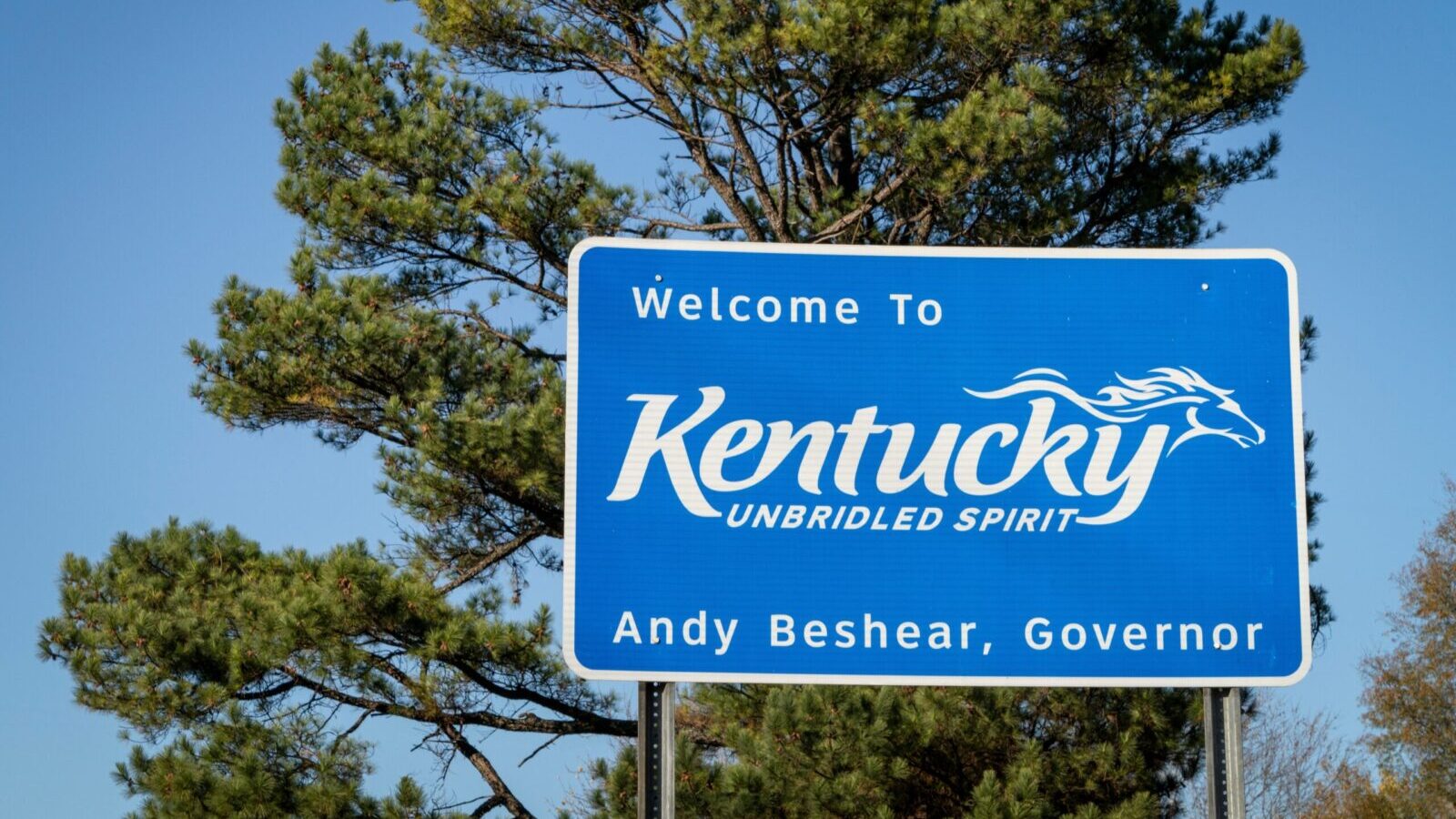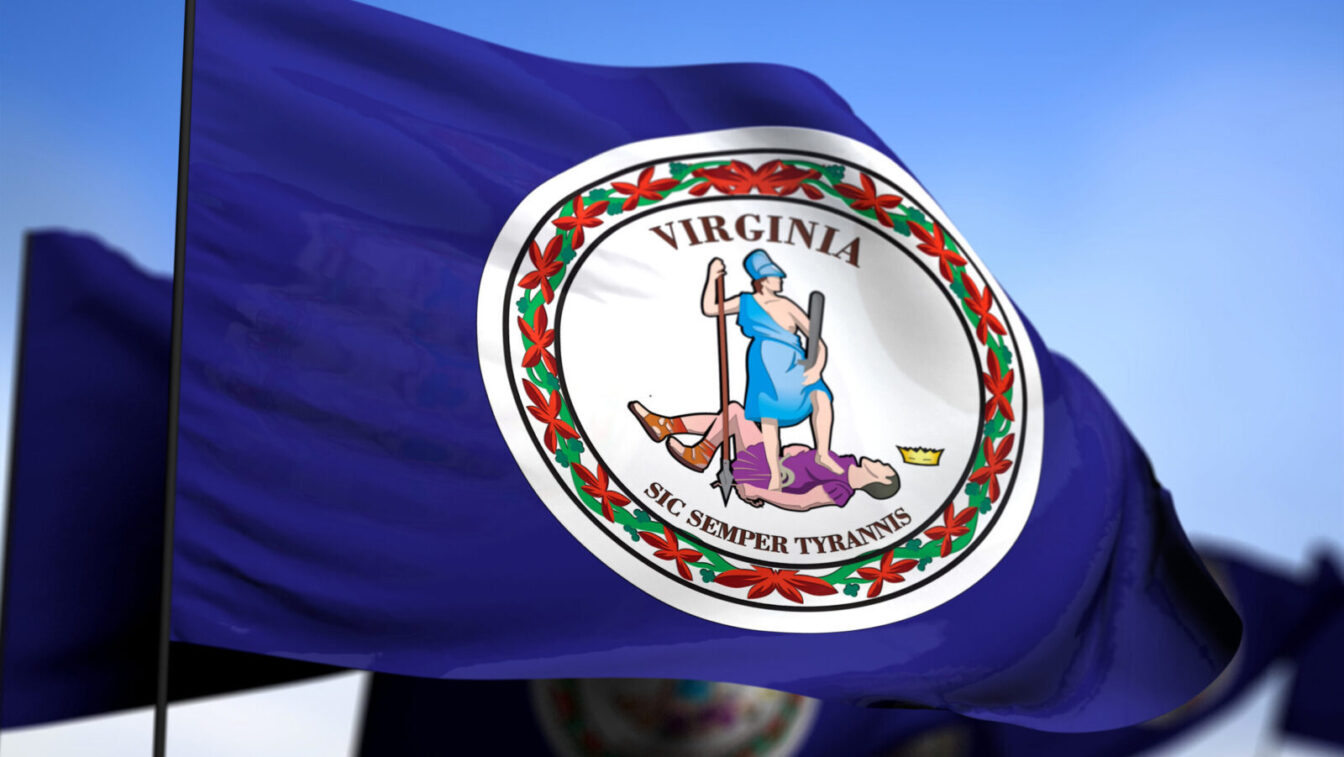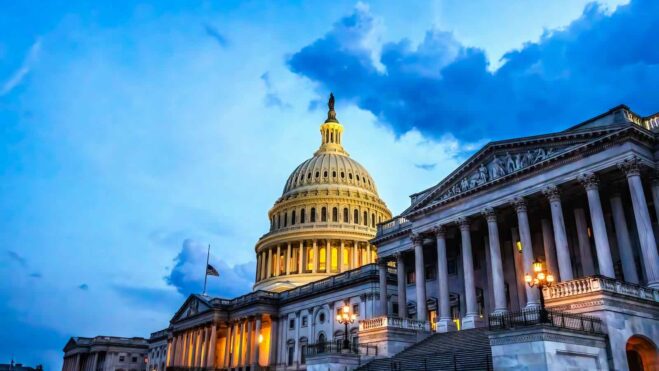New Kentucky Casino Bill Would Favor Those Willing To Pay The Most Money
Effort to bring traditional casinos to the state includes 21% revenue tax and complex bidding process
2 min

A Kentucky lawmaker is trying to bring traditional casinos to the state and levy a 21% tax on their revenue.
Rep. Thomas Huff introduced this week House Bill 33, which would task the Kentucky Horse Racing and Gaming Corporation with regulating land-based and riverboat casinos, as well as the fantasy sports market.
The 21% tax on casino revenue would be on the higher side compared to other states. But Huff’s bill would also require patrons to pay $3 to enter the casino, so that would be an extra jolt to operator revenue.
Which counties would be eligible?
In addition to graduating Kentucky from a historical horse racing (HHR) machine industry to a traditional casino industry, HB33 also has a section dedicated to allowing counties to decide whether they even want a casino built in their area.
It also sets restrictions on the counties eligible to build a casino.
Some specifics:
- The county must have 30,000 or more residents to be eligible (unless it already has a horse racing facility — then it would be eligible no matter its population).
- A voter referendum to approve a casino could be initiated either via a countywide petition garnering the equivalent of 25% of the population in signatures in the preceding election cycle, or via the county legislative body passing an ordinance to conduct a voter referendum.
- If a county has fewer than 30,000 residents, it must join with one or more adjoining counties to form a multi-county coalition of more than 30,000 residents in order to pursue adding a casino in their area.
- A county that already has a horse racing facility — regardless of population — may approve adding a casino via voter referendum if the traditional casino games would simply be added to the current facility.
HB33: Show me the money
Should a county (or counties) green-light a casino, the bidding process would be open to anyone. A licensing bid fee for a land-based casino would cost a minimum of $750,000, while a riverboat casino licensing bid fee would be a minimum $550,000.
We say “a minimum of” because, once the KHRGC has determined which bids are feasible, it will rank those bids “based upon the amount of payment bid in response to the invitation to bid,” HB33 reads.
“The initial full casino or riverboat casino license shall be provisionally awarded to the bidder with the highest amount bid for an initial casino license fee within four (4) business days after the sixty (60) day bidding deadline,” the bill later says.
In other words: Put your money where your mouth is, operators.
HB33 does give preferential treatment to existing horse racing and historical horse racing facilities, such as Kentucky Downs in Simpson County. They have up to two days after the bidding process ends to submit their own bid, as long as:
- Their fee exceeds the current highest bidding fee by 8%.
- They guarantee to match the amenities promised by the current highest bidder.
Pension system still needs funding …
Traditionally, Kentucky has been a fairly staunch anti-gambling state. However, these feelings have eased a bit in recent years. It launched sports betting in 2023, and it authorized casino-like gaming via historical horse racing machines in 2021.
(HHR machines look and feel like slot machines, but their results are based on past horse races — not pure chance, like traditional slot machines.)
The growing need for extra revenue sources may help swing the momentum toward casino legalization. That was a major reason Gov. Andy Beshear was able to push sports betting across the finish line in 2023.
Taxes on sports betting revenue in Kentucky help with the state pension fund, to the tune of $34.8 million as of July 2024. The Kentucky pension system is notoriously underfunded, though — it’s just 24.8% funded in 2024, despite the influx of sports betting revenue tax, up from 22.2% in 2023.
Perhaps, if Huff is meeting too much resistance with HB33, he could include language directing some casino revenue tax payments to further fund pensions in the state.
Fantasy sports details
As far as the fantasy sports component of HB33:
- Customers must be 18 or older to play.
- Operators would pay $5,000 to apply for a license. Then, each year after, they would pay the state the $5,000 annual licensing fee or 6% of annual revenue — whichever is more money.
- No college sports contests allowed.






